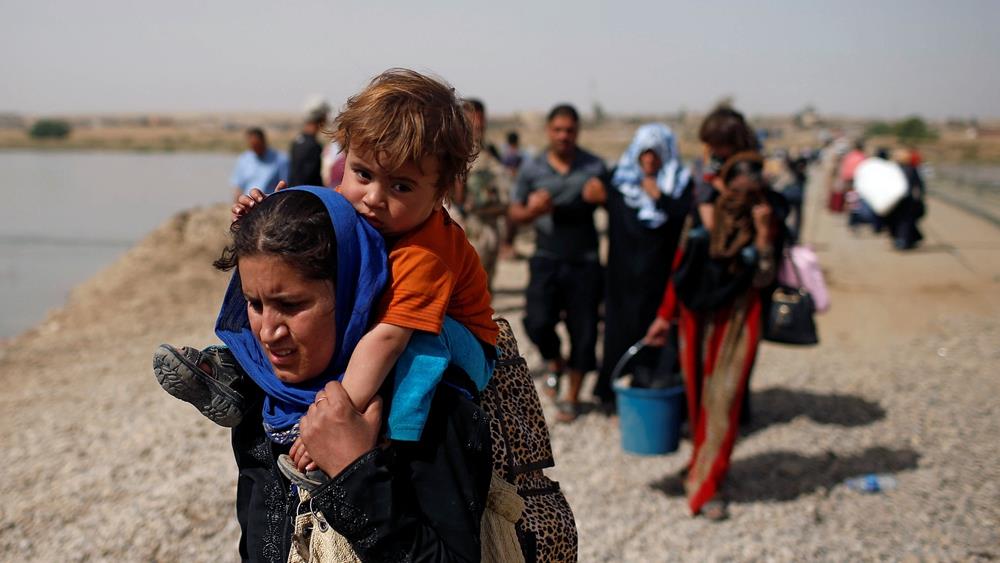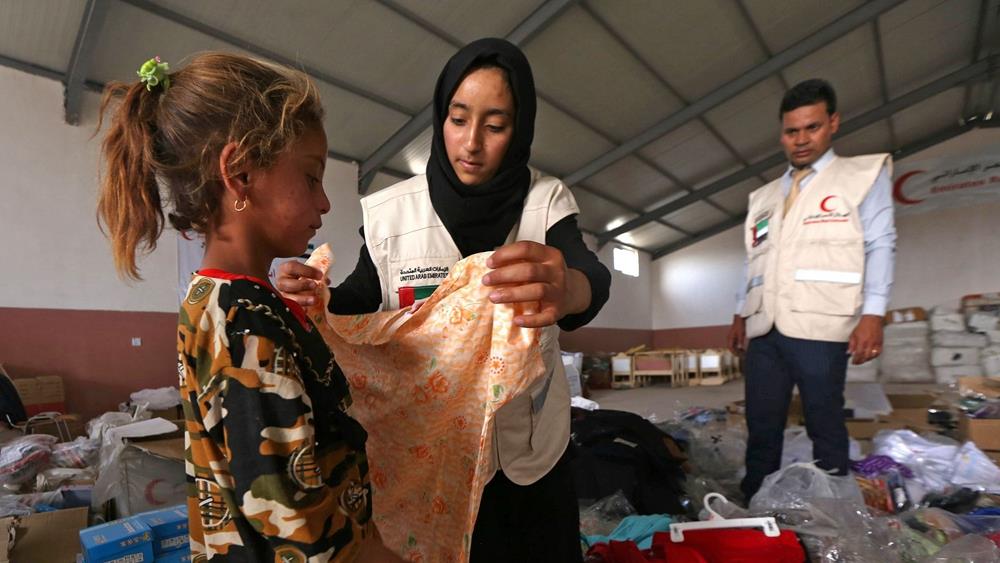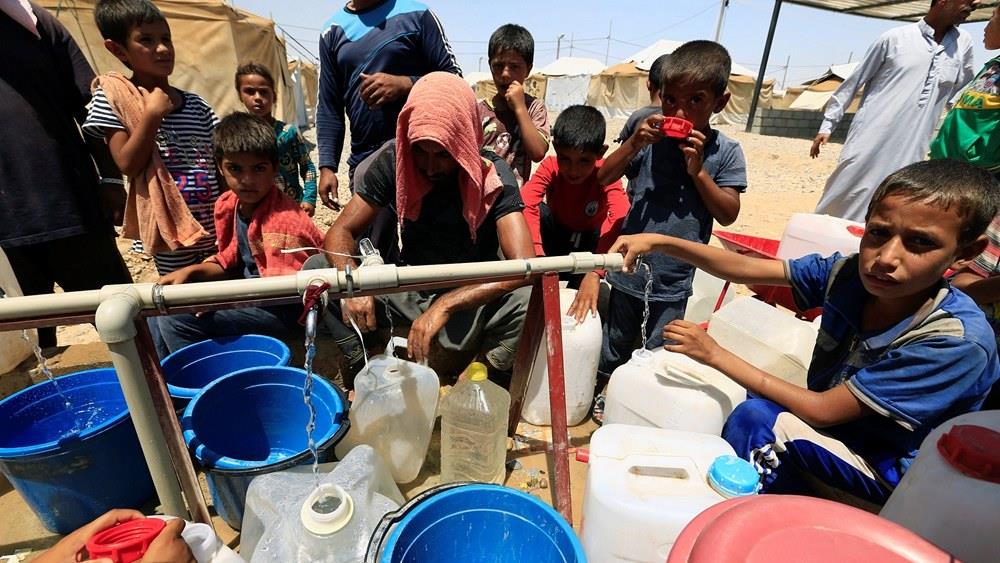BAGHDAD, Dec. 10 (CGTN) -- It's been a year since the Iraqi government announced victory over ISIL. However, refugees from former rebel-held areas still find it difficult to return home.
"Our home was totally burnt down with nothing left," Ghada Zaki said. "There are still quite a lot of obstacles for us to go home. We'd drop by from time to time to see how things were going. For example, tap water was still black with various dirt particles. This is a big problem."
Zaki and her family now live in a makeshift house in a government-built refugee camp in east Baghdad.
It's small but it has practically everything they need. It's fully equipped with appliances like a water heater, air conditioner, TV and even the Internet access.
But for the former Mosul resident, there's still no place like home.
"Few families who fled from there went back. Everything is different now. Living resources are scarce there, those who returned have to make a living in other cities," Zaki said.
Iraqi officials say rebuilding the country after three years of war with ISIL would cost more than 88 billion U.S. dollars. They've deemed housing an urgent priority.
Early this year, an international donor's summit was held in Kuwait at which Iraq received 30 billion U.S. dollars in aid pledges.
In terms of security, the situation has dramatically improved.
According to the United Nations Assistance Mission for Iraq, a total of 41 civilians were killed in violence across the country in November, the lowest since the UN mission began publishing monthly casualty data six years ago.
"Safety and security are the most precious, not only for families like us, but for the whole country. I hope that there is still a chance for us to go back home," Zaki said.
However, small groups of militants have regrouped in urban and rugged areas. They still carry out attacks against security forces and civilians despite occasional operations hunting them down.







